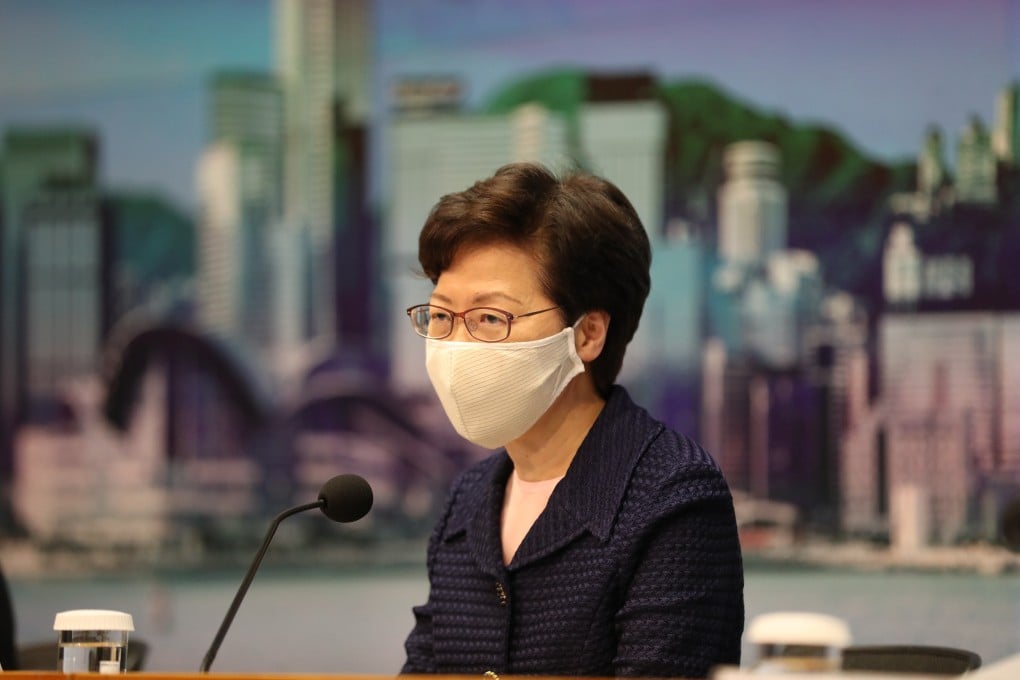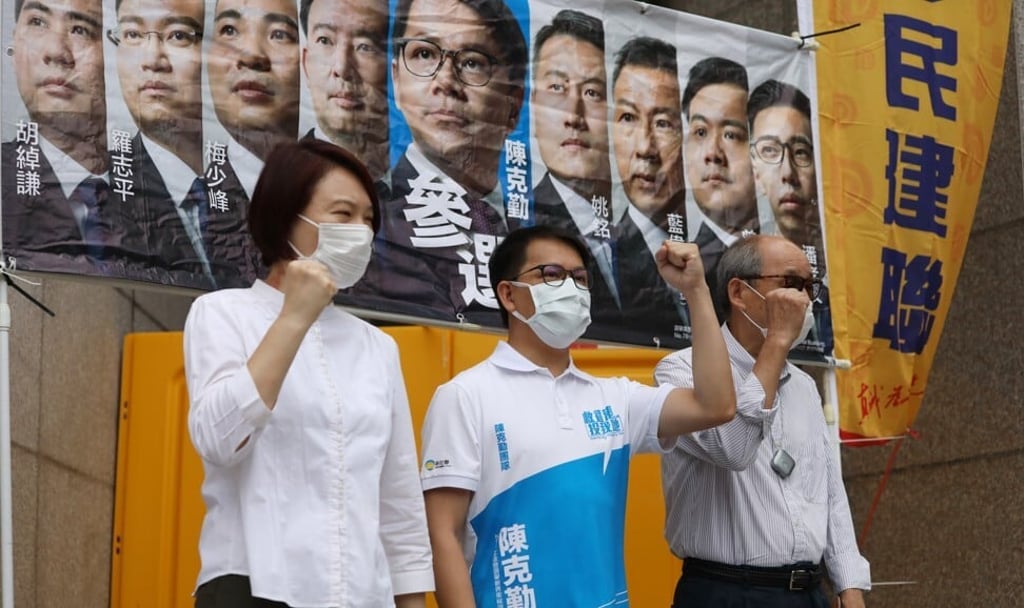Opinion | The coronavirus didn’t stop Hong Kong holding an election. Carrie Lam’s poor judgment did
- With the right planning, Hong Kong was fully capable of ensuring that voting in the Legislative Council election took place safely, with minimal health risks
- The postponement has created two related constitutional problems that only Beijing can solve, which only highlights the SAR government’s ineptitude

The reasons cited for not going ahead next month centre around the Covid-19 pandemic: candidates would not be free to campaign widely because of social distancing, it would be difficult to recruit and train sufficient polling staff, and people queuing to vote would risk compounding the health crisis.
Certainly, the virus needs to be taken seriously. But the question of whether risks could have been mitigated seems not to have been addressed.
The Hong Kong electorate is pretty sophisticated. It knows what the different political parties stand for. If a candidate claims to be a member of the Democratic Alliance for the Betterment and Progress of Hong Kong, the Hong Kong Federation of Trade Unions, the Democratic, Labour, Civic or any other party, voters know what is in the tin. With social media now so pervasive, there is no shortage of ways in which candidates can get their message across.

Mention has been made of the need to brief 30,000 polling supervisors and the difficulty of doing so in a time of social distancing. What happened to the 30,000 who did exactly the same job just 10 months ago in the district council elections?
